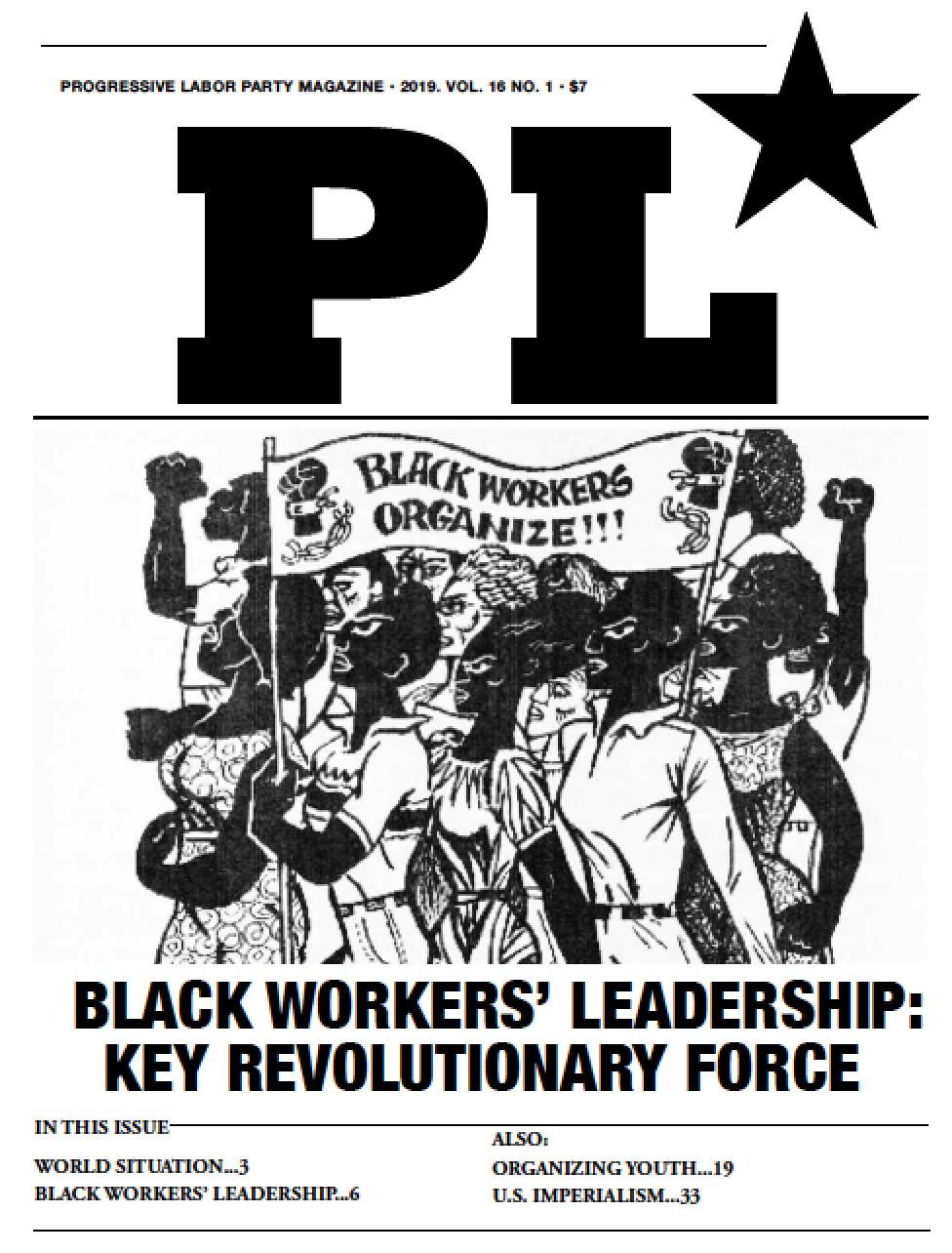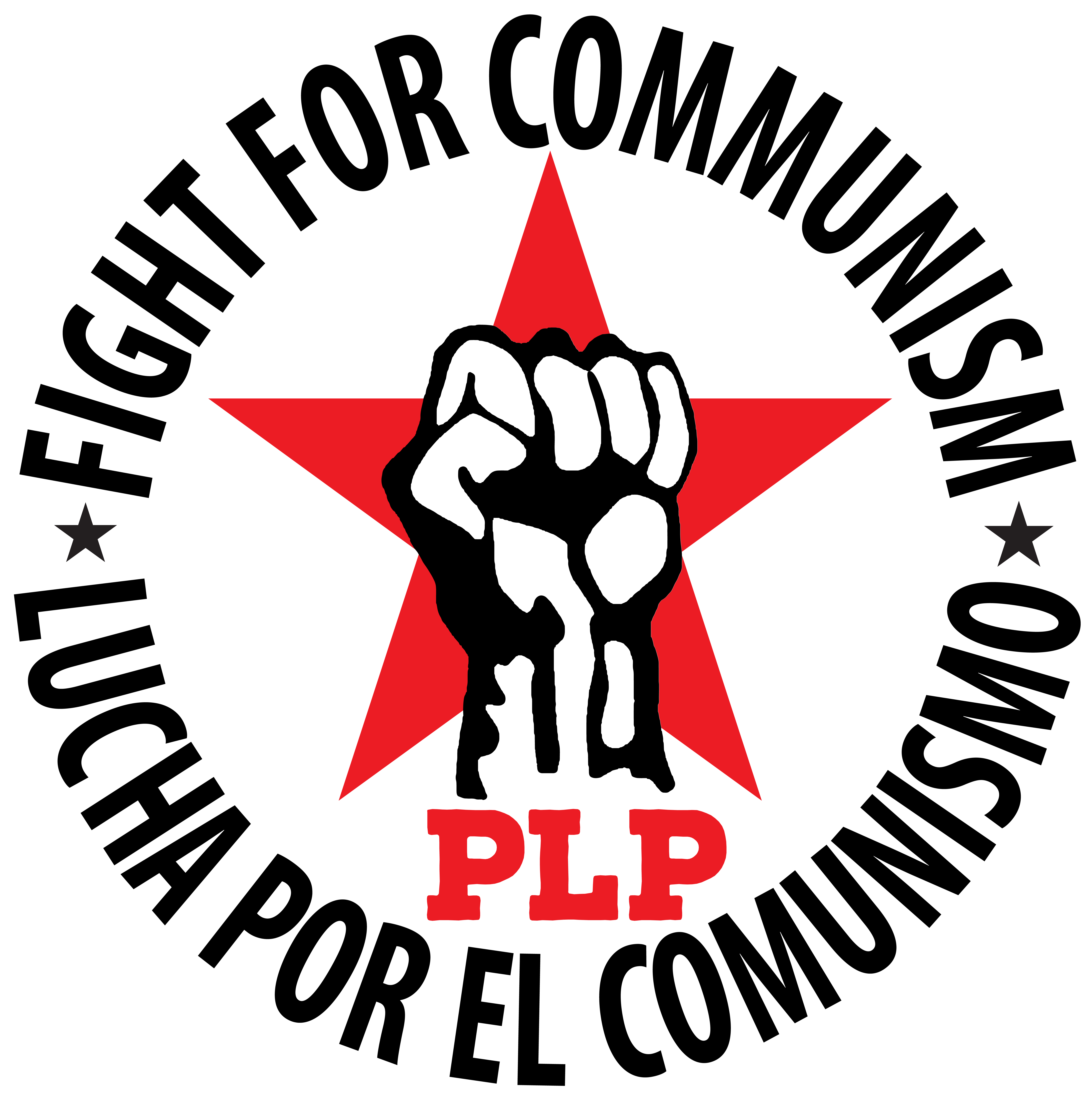Piatnitsky Part II: Prison, Escape and Exile
 Friday, September 1, 2017 at 12:57PM
Friday, September 1, 2017 at 12:57PM Osip Piatnitsky was a revolutionary leader who played a key role in organizing the working class before, during, and after the Bolshevik Revolution of 1917. Much of this three-part series was taken from his memoir, Memoirs of a Bolshevik. The first of the three-part series looked Piatnitsky’s early life and his role in guaranteeing communist propaganda, including the Bolshevik newspaper Iskra. The following part deals with his life while in prison and exile under Czarist Russia, leading up to the year of the Bolshevik Revolution—the first successful workers’ state in history. At every turn, any accomplishments were made possible by the masses and working collectively.
Early in March of 1902, Osip Piatnitsky was traveling with a comrade to secure the underground route to smuggling their newspaper, Iskra, from Germany to Russia. They were arrested and sent to the Kiev prison in Russia.
Inside the prison, hundreds of arrested students protested, creating such an uproar, crowds from the distant town came to the prison gates. It was in this prison that Piatnitsky had the time to be a teacher of Marxist literature. At age 17, he had four years of organizing.
The Great Escape from Kiev
Plans were made to escape. For weeks of preparation: getting ladders, a grapple, money, addresses in Kiev, practicing a human pyramid the height of the yard wall, singing in chorus, beating a tin can to mask the sound of the escapees climbing on the outside wall composed partly of tin, obtaining wine to get the guards drunk, and sleeping powder with which to keep them unconscious—all acquired from the outside.
Through collective organizing, they did escape! But the Kiev safe house addresses were wrong. They had to ride in cabs all night to avoid detection. Of the 11 men involved with Iskra, 10 survived the escape and arrived in Germany according to plan.
Odessa: Soldiers Unite
In January 1905, Piatnitsky arrived in Odessa. Prior to the January 22 uprising and march on the Tsar’s palace, he was arrested with others at a meeting. The police left soldiers to guard them. With the absence of gendarmes (French armed police) they tore up all papers. When the police returned, they questioned who had destroyed the papers. The soldiers replied, “EVERYBODY.”
The comrades and scores of others from all walks of politics remained imprisoned without trial for five months. When they were released pending a future trial, Piatnitsky decided not to appear at the trial and left for Moscow.
‘Recognized’ as Innocent
In 1907, many were arrested; detectives shadowing Piatnitsky increased. The Party suggested he leave Moscow. In his hometown, he was arrested. Due to the differences in his several passport pictures, the gendarmes couldn’t identify him. At this time, jails were filled with peasants and intellectuals rebelling against landlords. With ongoing tortures and staging of trials, keeping Piatnitsky’s identity safe also meant the safety of many others associated with him.
He was taken by foot to a town where he had never been, which had a notoriously vicious police chief. Several days later waiting in a cell where many had been tortured, he was called out to be recognized. He was “recognized” to be innocent by five people in that town who had never seen him before. On his way back to the cell, a stranger approached him and handed him five rubles. He realized relatives and friends had arranged the “recognition.”
Cheated by Provocateur
In June of 1914, betrayed by a provocateur who had deliberately photographed him in Paris with other comrades so he could be identified—Piatnitsky was arrested, put in solitary for 2.5 months and sentenced to Siberia. Before they were transferred, he heard that World War I had begun and recalled that the Russo-Japanese war brought on the 1905 revolts.
In January 1915, he and 60 other comrades and criminals were forced to march 250 miles. They spent their nights in peasant huts. Larger villages held many exiled political prisoners where the peasants received them warmly. Piatnitsky was forced to walk to the furthest village in Siberia: Fedino, because of his escape reputation from Kiev.
It Takes a Collective Village
Fedino was more prosperous than the villages they’d walked through and consisted of 40 households who cultivated land outside the village. The economy was not collective in the least; men and women of the same family kept separate accounts. No one was taught to read and write.
During the next two years, 23 exiles came to live in Fedino. A few condemned by administrative decrees received eight rubles a month. Deportees received nothing.
The exiles worked out communal dining, collective buying and fair division of food and provisions. To sustain their sanity, the exiles read material provided by the local “Congress of Exiles.” Piatnitsky taught children of the peasant family to read.
The snow at times was six feet deep. The last year, all staple articles disappeared from town markets. He organized a cooperative with the peasants, which was necessary for everyone’s survival.
On the evening of March 9, 1917, he lay in his room in the dark without answering the door, the only time in his memoir he admitted depression. Late that evening, an exile from outside Fedino rushed in to announce that a bourgeoisie revolution had taken place in Russia (the February Revolution). Piatnitsky had one burning question: which party would organize more quickly—the party leading the proletariat and the peasantry or the party of the bourgeoisie?
Later the peasants of Fedino handed Piatnitsky the village seal and all the attributes of the office of “guard.” After leaving for Moscow, he learned that during the remainder of 1917 Fedino peasants, led by exiles who remained there, took an active part in the guerilla battles against Kolchak bands.
Security: Build the Party
As we saw, Piatnisky’s safety lay in the hands of the masses. Be it escaping from prison, falling under the police radar, or bare survival, it was possible when class-consciousness is planted deep and wide. Likewise, the security of communist work today lay in the hands of the working class—all communists and friends must build a base wherever they are: work, school, military, farm, or prison.
A third and final article will deal with some reasons why a revolution did not take place in the trade-union-organized country of Germany, as Marx predicted. The contrast of political life in Germany to the revolts in Odessa, and the struggle between the Mensheviks and Bolsheviks over the publishing of the paper in Samara (near St. Petersburg) will reflect the intensification of repression in Russia from 1908 through 1914.





 Progressive Labor Party (PLP) fights to destroy capitalism and the dictatorship of the capitalist class. We organize workers, soldiers and youth into a revolutionary movement for communism.
Progressive Labor Party (PLP) fights to destroy capitalism and the dictatorship of the capitalist class. We organize workers, soldiers and youth into a revolutionary movement for communism.




Reader Comments